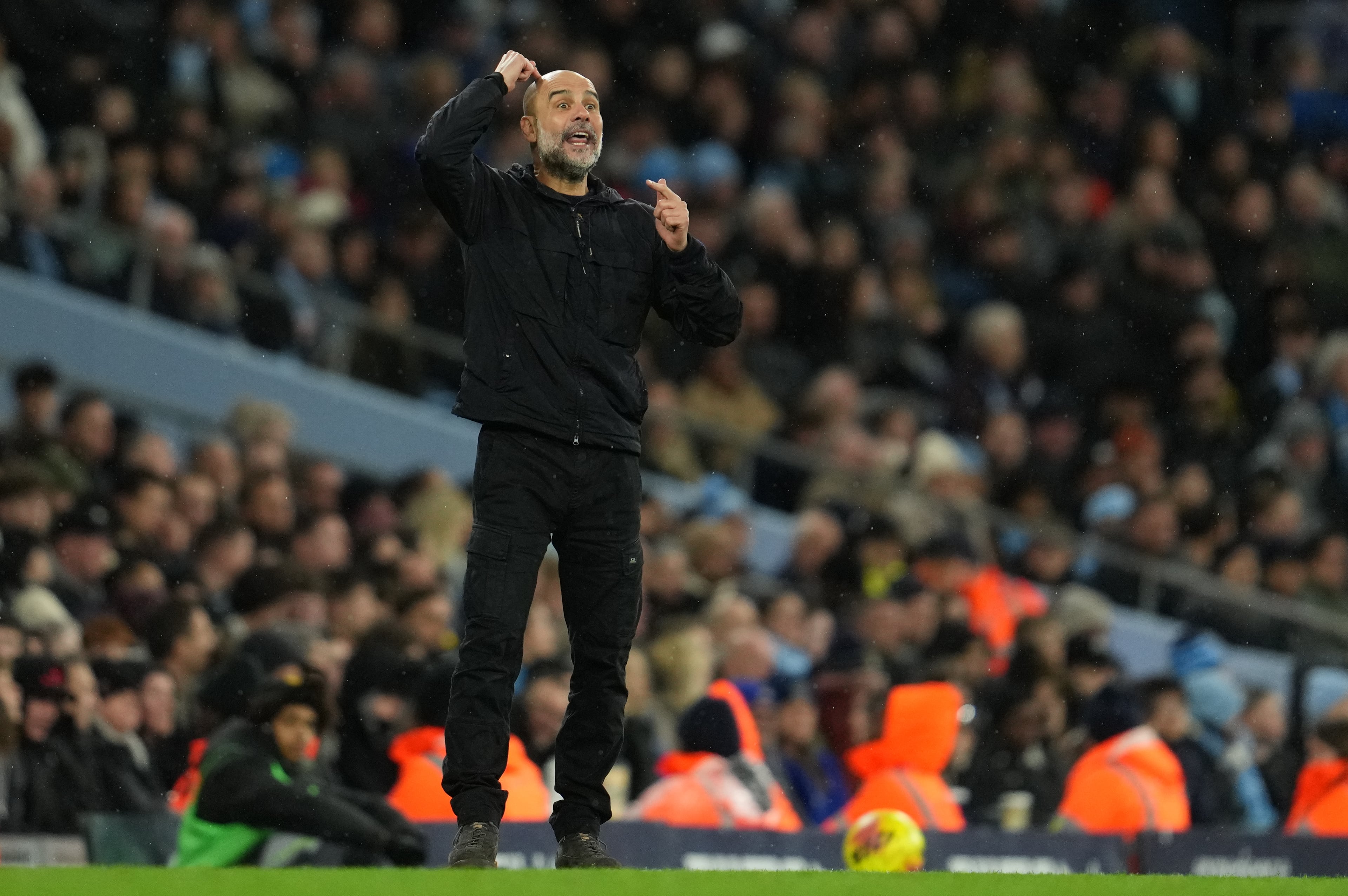Georgia is on right side of drug issue
Some are angry at the policy. But shouldn’t it be part of a university’s mission to help young people grow, make them accountable and do everything in its power to prepare them for the real world that exists beyond the one to five years they’re on campus?
Some are angry at the kid. Why? Because he made bad choices, lost his scholarship and potentially screwed up his life and possibly his career? Or is all that really matters how it affects your football team?
There are a lot of things that draw us to sports. Positive stories, crushing stories, stories with drama, courage, incredible athletic feats.
There are a lot of things to hate about sports and maybe what it says about us. One of those stories just happened at Georgia.
The Bulldogs dismissed rising junior safety Josh Harvey-Clemons for a “violation of team rules.” He already had violated Georgia’s drug policy twice and was suspended for the first three games of next season. The school did not/would not disclose why Harvey-Clemons was dismissed for reasons of privacy. But a third drug violation results in revocation of a student-athlete’s scholarship. So you are free to read the obvious between the lines.
Sometimes, sports make people dumb. This is one case. I’m reading comments from fans about how “stupid” UGA is to have a drug policy that takes marijuana so seriously. I’m hearing people say how “stupid” Harvey-Clemons is for blowing his athletic scholarship at a major university and significantly damaging his NFL prospects. I’m getting feedback from the pro-marijuana community about how a smoking a joint on a regular basis really is no more harmful than drinking a Budweiser.
Let me take the last aspect of this story first because it’s such a common misconception. I don’t want to make this column a referendum on marijuana and its addictive qualities, but the bottom line is that it’s an illegal drug. So there’s really no rationalization for anybody using it, especially when there are significant ramifications for doing so (let’s leave the claimed medical benefits for glaucoma and cancer patients for another debate).
Secondly, there’s a difference between claiming something isn’t “addictive” and something isn’t “highly addictive.” A can of cheap beer isn’t “highly addictive” to most. But try handing one to an alcoholic.
A double-layer chocolate cake meant to serve 12 to 14 people may not scream “Danger!” to you. But try handing it to someone with an eating disorder.
Marijuana is a gateway drug. It has addictive components, whether some want to accept that or not. I’ve seen many people as unaffected by marijuana as by Budweiser. But I’ve also seen people lose their drive and desire to process the day-to-day ups and downs in life because of it.
Marijuana becomes their crutch, their life, their highest priority. So put that in your bong and smoke it.
Back to Georgia. The school has one of the SEC’s, and nation’s, most restrictive drug policies. Some misguided Bulldogs fans whine that suspensions hurt the program. They should celebrate a standard that other schools should follow.
“I’m sure some schools use our drug policy against us,” Georgia athletic director Greg McGarity said Thursday. “But we have nothing to be ashamed of because we’re doing the right thing. I would hope that parents of student-athletes at the University of Georgia would be appreciative of our efforts to make their son or daughter a more well-rounded person, and to be successful for when they leave the institution. I’m not sure what’s wrong with that. I don’t understand the discussion about what’s wrong with that. We might take our lumps along the way, but we know we’re doing the right thing.”
Don’t be angry at Georgia. Be angry at other university presidents for not agreeing to a uniform drug policy — not even within individual conferences. SEC athletic directors had preliminary discussions about a conference-wide policy last year, but McGarity said the issue “got no traction with presidents.”
This shouldn’t be cast as a civil-liberties issue, as the communities at Stanford and some other universities would have you believe. A scholarship is a contract. In exchange for that contract, it’s expected that you have to agree to certain things, like going through a physical, attending practices, following guidelines.
There’s something wrong within a sport when testing positive for marijuana will get you suspended on one campus, but get you a brownie on another.
The hope is that Harvey-Clemons doesn’t have a serious drug issue. But you wonder about a situation when somebody knows the potential consequences of his actions, and he does it anyway. Short-sighted fans and blabbers on sports talk radio see that as the definition of stupidity. But more often than not, it’s the definition of addiction.
Harvey-Clemons will feel the consequences of his actions, but his exit doesn’t illustrate that Georgia is doing something wrong. To the contrary, it’s doing what others should.
Sorry if that gets in the way of your SEC East projections.


